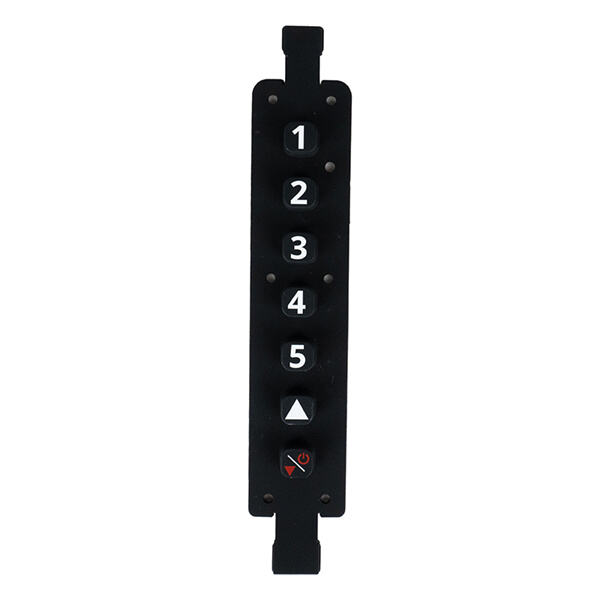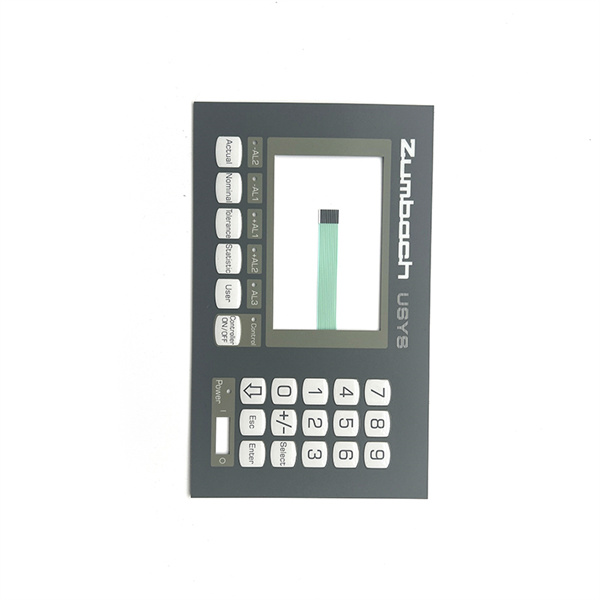It is not at all difficult to understand the fundamentals of a sensing resistor. A sensing resistor, found in electronic devices, is a small component that aids in measuring the flow of electricity. It functions like a miniature detective, monitoring how much electricity is flowing through a circuit. By doing so, it then helps to ensure that everything is operating efficiently and safely.”
Sensing resistors help keep an eye on how well electronic devices are functioning. They can detect any problems with the flow of electricity and notify the system to adjust. For instance, if a device overheats, a sensing resistor senses it and says to the system, ‘Cool off, cool off.’ This can prevent any damage from occurring and keep the device running smoothly.

The significance for precision sensing resistors in electronic equipment is extremely high. Without them, devices may not work properly or could be damaged. It is necessary to have accurate sensing resistors to give accurate readings to ensure that the system works efficiently.

It can be really fun to play with and discover different types of sensing resistors, and how they can be applied is energizing. There are various kinds of sensing resistors, and each of the sensing resistors has its respective characteristic and function. Some work for very accurate measurements, while others are good for sensing changes in temperature or pressure. Various types of sensing resistors may be necessary based on your application requirement.

When you are choosing a suitable sensing resistor for a project, consider the project’s level of needed accuracy, the application environment of the device, and the cost of the device. High sensing resistor needs to be selected which can provide accurate and stable measurements with economic cost. By giving just enough thought to it, you can ensure you select the correct sensing resistor for your project.
As a technical leader with over two decades of experience, we specialize in the integrated design, R&D, and manufacturing of precision membrane switches and FSR sensors for demanding industries such as automotive, medical, and industrial controls.
With an in-house factory equipped with 300 devices and 4 production lines, we maintain full control over the entire process—from design to delivery—enabling fast customization and accelerated project timelines for clients worldwide.
Benefit from our 24/7 online customer service, with guaranteed response within 8 hours and continuous tracking until goods are received, ensuring swift project support and reliable after-sales solutions.
Our factory adheres to strict standards, certified under ISO9001:2015, RoHS, and the ZHB Environment System, ensuring that all products meet rigorous quality, safety, and environmental requirements.


Copyright © Dongguan Soushine Industry Co.,Ltd. All Rights Reserved - Privacy Policy